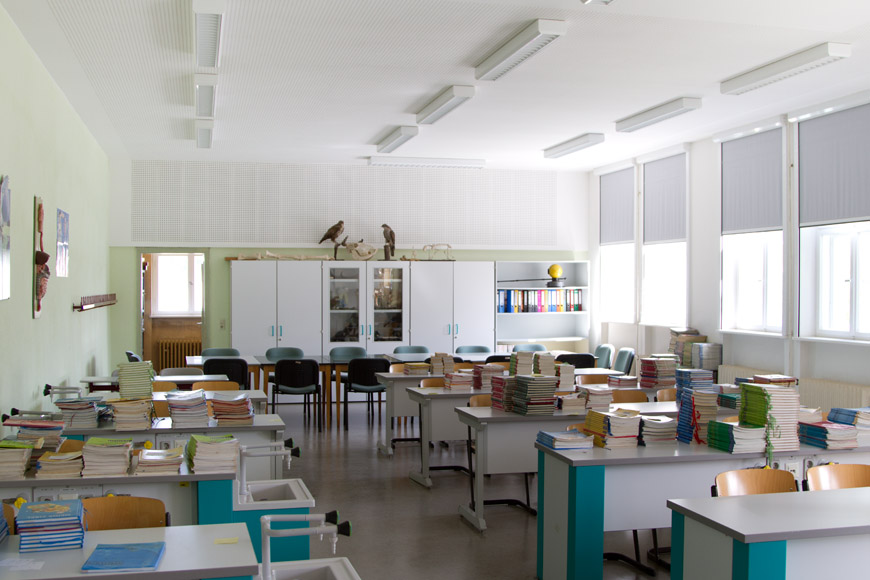NYTimes, Boston Globe, NPR, etc: At Walden Pond a changed climate means fewer of Thoreau’s flowers still bloom
It is astonishing how soon and unexpectedly flowers
appear, when the fields are scarcely tinged with green.
Yesterday, for instance, you observed only the radical
leaves of some plants; to-day you pluck a flower.—Henry David Thoreau
Over the years and various writers have alluded to Henry David Thoreau’s writings at Waldon Pond to celebrate the serenity and small wonders of the outdoors and to lament some of the changes brought to the landscape by modernity. Seen in his time, by many, as a misfit and dreamer, his stature as a pioneer in living a simple material life enriched by appreciation of nature seems to be, if anything, gaining height with time. A formal study led by a Boston University team in alliance with Harvard colleagues, which they published today in the Proceedings of the National Academy of Sciences, gives rigorous foundation to the idea that he was no mere diarist, but an accomplished and meticulous naturalist. The team found that more than one fourth of the flowers that the iconic philosopher naturalist recorded in his diaries of the 1850s no longer exist there. Of the rest, many seem on their way out. The remaining plants flower earlier in the spring. Temperatures run 4.3 degrees F higher than what Thoreau wrote in the journals. Most important, the new study shows how the changes are not uniform, but hit some families of plants differently. Some flourish.
The BU researchers published much of the essence of the PNAS paper already, in the journal Ecology’s February issue (see Grist below). As a result of that, much of it has already seen prominent media attention. One excellent instance was a column the Wall Street Journal‘s Robert Lee Hotz had in June this year. A full year ago Smithsonian Magazine ran a long and atmospheric piece by Michelle Nijuis. She provided a vivid and detailed portrait of natural history in Henry David T’s day and today – the latter coming in part from dedicated amateurs in the Walden Pond era whose meticulous records proved critically helpful for the professionals from Boston University. (Note – earlier version of thsi post mistook Oct. 2007 issue for Oct. 2008).
Today’s larger bolus of news is given a particularly classy layout as a highlighted piece in today’s New York Times ScienceTimes section, by Cornelia Dean. Of the 21 orchids Thoreau recorded, she tells us, only seven are evident now.
This article was originally published on NYTimes, Boston Globe, NPR, etc: At Walden Pond a changed climate means fewer of Thoreau’s flowers still bloom

















